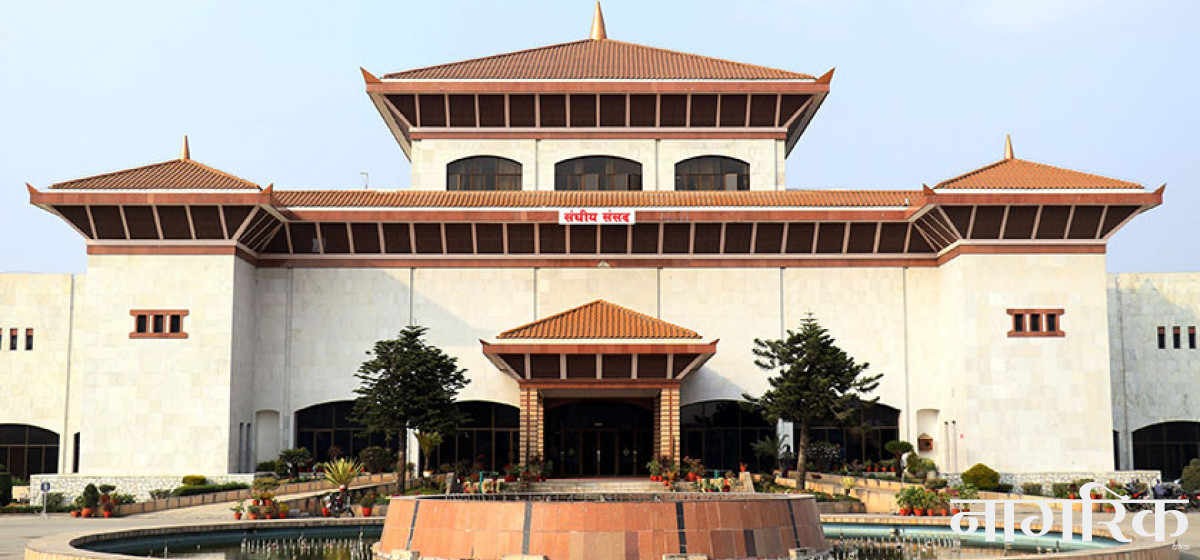DANG, Oct 20: Suresh Shrestha of ward 5 of Tulsipur Muncipality is a Ward Committee member. As a person directly linked with the local people, Shrestha did not have any feeling of being the people's representative. The reason: the general public saw him as a civil servant rather than a people's representative because he received salary for his work.
But the Supreme Court's verdict on Friday has given him a big relief. “People saw me as a civil servant rather than their representative for two years of my tenure. We feel proud for becoming the people's representatives only from today,” he said.
Province 5, which earlier determined the salary of the elected officials of local government, had set Rs 9,000 in salary for each ward committee member. “It is the ward committee members who are connected with the people at the lower level. But the people would see us as civil servants. They would complain against us if any of their work was not done on time,” said Shrestha.
Hearing on 'murder' case against Agni Sapkota scheduled in SC a...

Another ward member of Tulsipur Muncipality-11, Subash Dangi, welcomed the decision of the Supreme Court, saying that the decision has upheld the notion that politics is a social service. “People would often ask how one can become the people's representatives if they receive monthly allowances. The feeling that we were more civil servants than people's representatives was strong among the people,” he said.
Dangi shared that he had faced undue pressure from people simply because he received salary from the government. “People at the local level invite us for their works. Sometimes it is difficult to reach there on time,” he said. “Even if we got a little late, they would treat us like civil servants and complain against us.”
Ward Chairman of Ghorahi Muncipality-15, Ramesh Kumar Pandey, had been protesting against the government's allowances. He had also declined to take the motorcycles that the municipality distributed to its elected ward chairpersons. “I decided to join the local government to serve the people. I did not take the motorcycle thinking that we should serve the people by taking minimum possible perks and benefits from the state,” he said.
Province 5 had decided to provide Rs 26,000 in monthly salary to each elected ward chairperson, Rs 30,000 each to the chiefs and Rs 27,000 each to the deputy chiefs of rural municipalities. Similarly, the monthly salaries of the mayors and deputy mayors was fixed at Rs 35,000 and Rs 30,000 a month, respectively. Similarly, each ward chairperson of a municipality received Rs 25,000, municipal member Rs 13,000 and ward member Rs 8,000 a month.
Likewise, Province 5 had fixed Rs 41,000 as the monthly salary for the chief of the District Coordination Committee and Rs 36,000 to Deputy Chief of District Coordination Committee. The amount of salary determined for various office bearers of local government varied according to provinces.

































